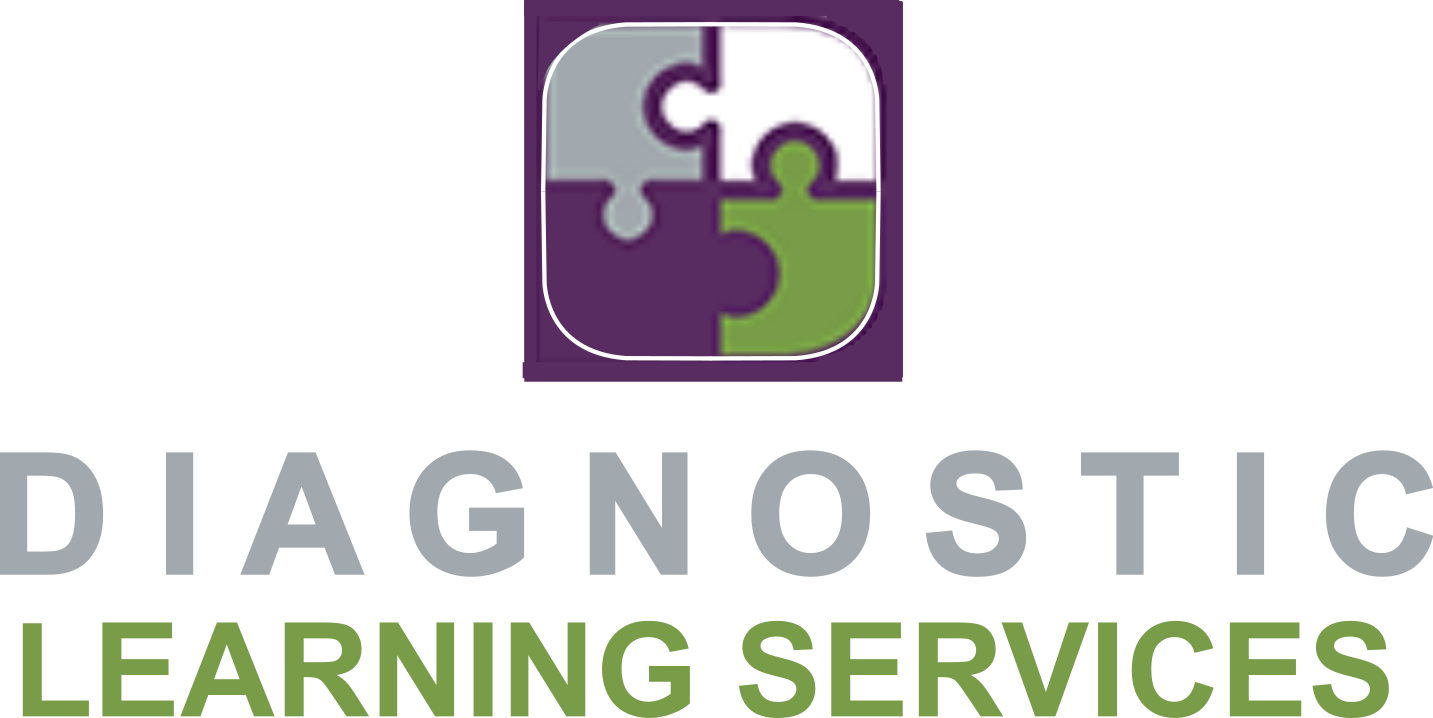What is Dyscalculia?
/Dis-kal-coo-lee-uh/
Dyscalculia is a learning disability that affects an individual’s ability to work with numbers, understand mathematical concepts, and manage time. It can make everyday tasks—like calculating tips, managing finances, or even reading a clock—feel incredibly challenging. For many adults with dyscalculia, these difficulties often lead to frustration, particularly in the workplace or during social interactions. But how can you tell if you have dyscalculia?
Note: Dyscalculia is not a reflection of intelligence. It’s a specific difficulty related to processing numerical information..
How can dyscalculia affect daily life?
If you find yourself struggling with simple math or time management tasks, you may be experiencing the effects of dyscalculia. The following are common signs in adults:
- Mental Math Meltdowns: Even basic calculations, like figuring out a tip or splitting a bill, can feel overwhelming.
- Time Never Adds Up: You’re frequently late or misjudge how long tasks will take.
- Can’t Remember Numbers: Phone numbers, dates, or addresses seem to vanish from your memory unless you write them down.
- Math and Games Don’t Mix: Keeping score or tracking whose turn it is can be stressful and confusing.
- Clocks Don’t Make Sense: Reading an analog clock can feel confusing or unnatural.
- Struggles with Movement: Learning dance steps or coordinated activities can seem much harder than for others.
Tip: These challenges can be managed with a proper evaluation and personalized strategies that make numbers and time easier to handle.
What are the workplace challenges of dyscalculia?
Dyscalculia can significantly impact your job, particularly if your role involves working with numbers or managing time. Below are some common difficulties adults with dyscalculia face at work:
- Panic at Math Tasks: Even small, unexpected calculations cause stress.
- Budgeting Nightmares: Difficulty tracking finances or sticking to a budget.
- What’s the Time? Struggling with reading an analog clock or judging time accurately.
- Counting Tools Are Your Lifeline: Relying on fingers, calculators, or tally marks to keep track of numbers.
- Number Mix-Ups: Accidentally skipping or reversing numbers in lists, emails, or spreadsheets.
Remember: These challenges are common but can be addressed with the right assessment and support to improve your work performance.
How is dyscalculia tested in adults?
If you recognize these symptoms in yourself, you may have dyscalculia. The good news is that dyscalculia is manageable with the right support. A comprehensive in-person dyscalculia evaluation is the first step to understanding and managing these challenges. The assessment typically includes:
- Individual’s History: Information gathered through self-report and semi-structured interviews.
- Assessing Mathematical Processing: Evaluating how the individual processes and works with numbers.
- Assessment of Cognitive Skills: Identifying specific difficulties with number recognition, sequencing, and operations.
- Ruling Out Other Causes: Evaluating for medical conditions or other learning disabilities that may contribute to difficulties with numbers.
🔍 Why We Look at the Whole Picture
At Diagnostic Learning Services, we don’t test for a single learning disability in isolation. A comprehensive evaluation is essential to understanding how an individual processes and learns information. By assessing multiple areas—including reading, writing, math, attention, memory, and processing—we can identify overlapping challenges and ensure the most accurate diagnosis and support plan.
What are some strategies for managing dyscalculia?
Once diagnosed with dyscalculia, there are many strategies to manage the challenges with numbers and time. Here are some helpful approaches:
- Using Technology: Tools like calculators, budgeting apps, and digital clocks can simplify numerical tasks. Visual Aids:
- Visual Aids: Visual aids like charts, lists, and color-coded information can help with number organization and tracking.
- Time Management Tools: Setting alarms, using digital timers, and breaking tasks into smaller steps can improve time management.
- Practice and Repetition: Regular practice with basic math or time management exercises can help improve skills over time.
